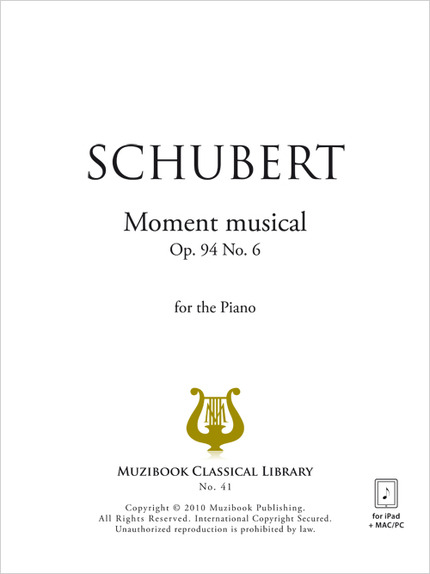
#Moment by moment musical synopsis full#
It’s a visual feast to see a scene slowly get revealed throughout a stage, one snapshot at a time until the full picture is revealed to show the band working through their melodies, crafting connections with their audience and each other, and the stark nature of the highs and lows that naturally come in life, but also the unnatural elements of Gabriel’s drug habits. The artistic design of both the real world and the dreams/hallucinations of Gabriel blend together to create an atmosphere that is saturated in the hopes, fears and utter aspirations that come from the characters and, from my interpretation, the designers themselves. The audio and visual aspects of A Musical Story are some of my favorites that I’ve seen in recent memory. Replace that guitar with a Gamecube controller and this is college for me. Not the most elegant style, but, given that you’ll be copying a multitude of instruments and vocals, it’s better than getting several different peripherals that you need to pick up and put down at a moment’s notice. Anywhere from three to seven segments will come at you, and you need to mimic them back with your controller. Throughout his journey, Gabriel and Glee-Cheese Studio want you to do more than simply watch and listen: they’d like you to play along with the remembrance, creating chapters of sequences that are call and answer musical numbers. It’s a strange, wordless trip through the snapshots of his life, from humble beginnings in the bean factory with dreams of something greater to his attempts to break out and follow his destiny. An indie darling from Glee-Cheese Studio (and published by Digerati), A Musical Story is a journey through the life and memories of Gabriel, a musician who is in bad shape somewhere in a hospital and remembering how he got to his current situation. So I respect what A Musical Story is trying to do, full stop. Still, when a rhythm game also wants to tell a story – such as Deemo, Lost in Harmony, or even Just Shapes and Beats – it clicks with me a bit better, as I feel something beyond just “do well on this song.” Hell, the Ouendan titles on the DS (and Elite Beat Agents ) were great because they kept moving forward in a similar vein. Maybe I aged out of it, maybe the style has changed, but I suck now, and I keep trying anyways. I tried my hand at Pop N’ Music, Guitar Hero, even a short but shameful foray into Idol Masters, and the results have been the same: I have no rhythm.

I was at the front of the line for those Dance Dance Revolution days back in the late 90s and early 2000s, and I mistakenly thought that smashing arrows was the same thing as being able to dance. Rhythm games are a fickle, evil bunch of titles that I simply cannot stop playing.


 0 kommentar(er)
0 kommentar(er)
